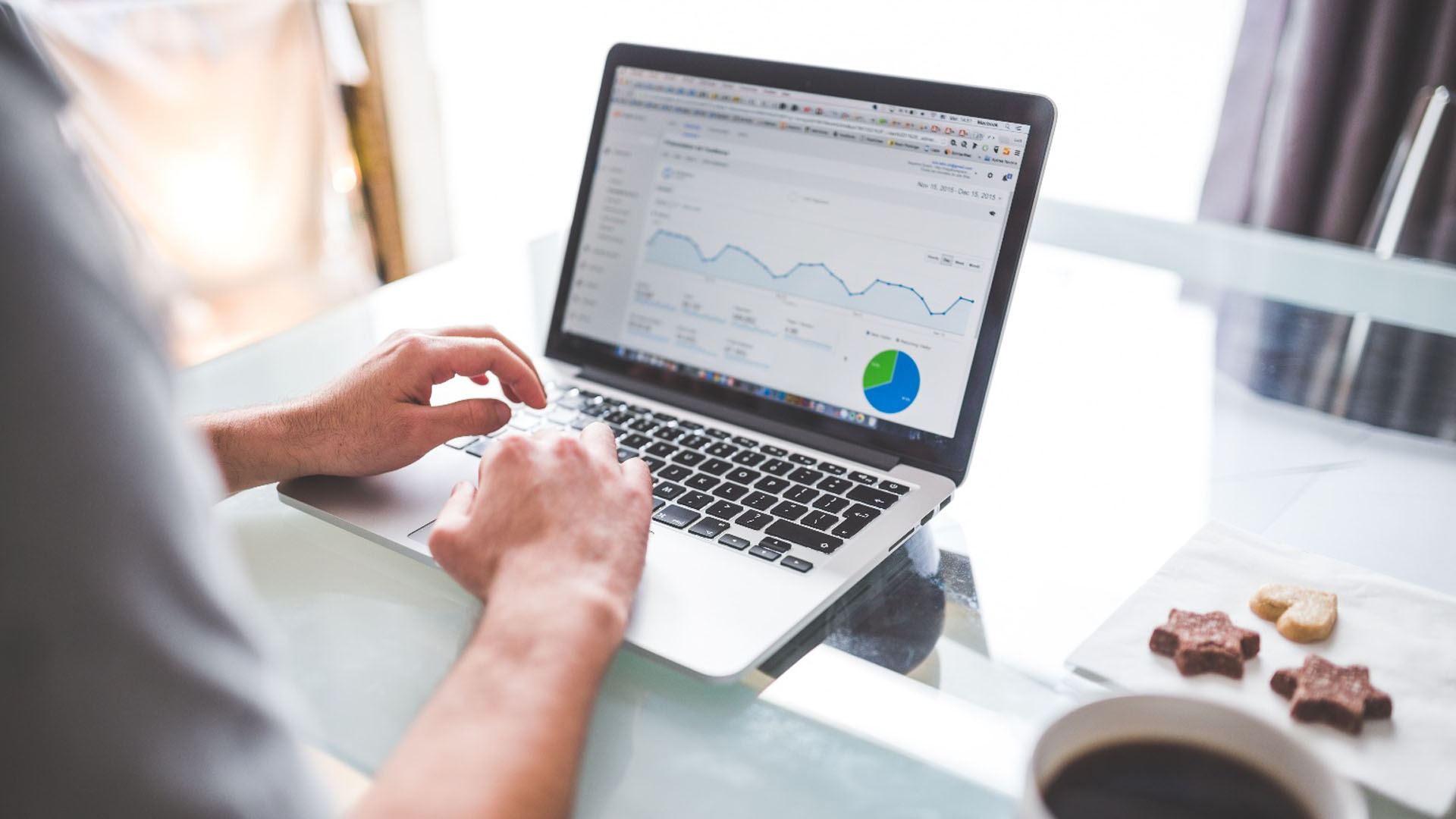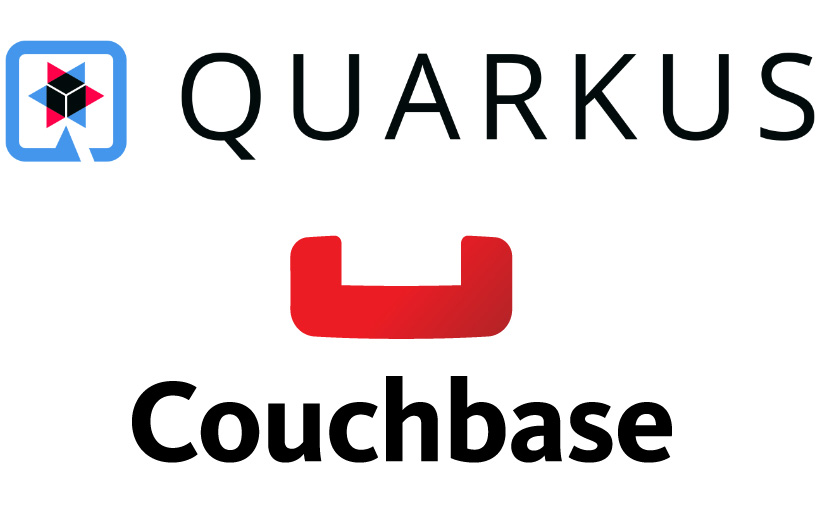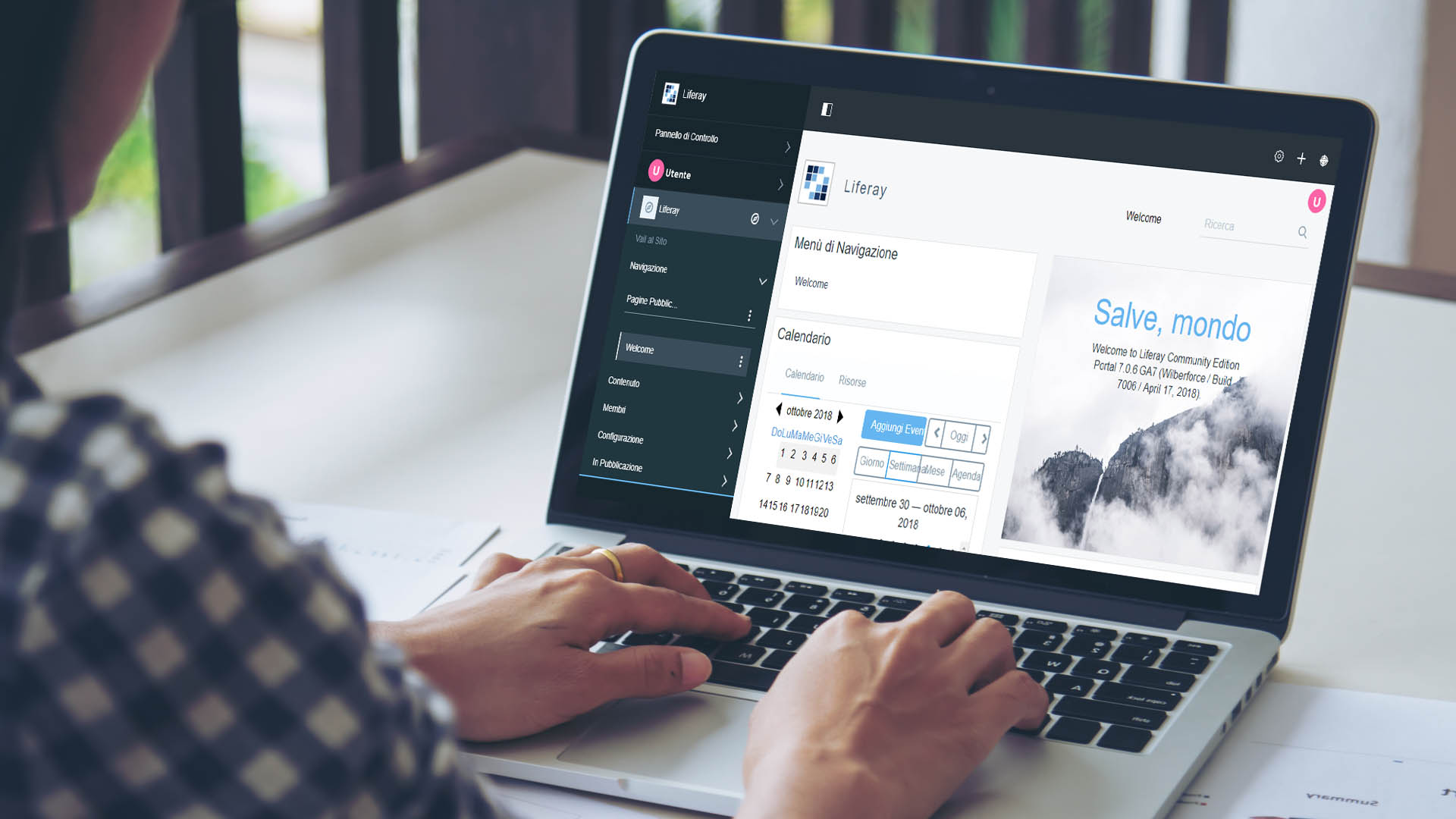What is Business Intelligence?
AI & DATA
What is Business Intelligence?

In recent years, the use of Business Intelligence tools has significantly increased, especially due to the growth of data volumes available to companies, known as Big Data, and the development of new technologies in the field of Business Analysis, including Cloud-based solutions.
In reality, you have probably already come across Business Intelligence tools, and you may have even used them without realizing it. For example, if you manage your company's social media, you may have noticed that on LinkedIn, you can access an analysis of profile views and interactions with the page. If you are an administrator of a Facebook page, you have likely utilized tools that allow you to analyze the popularity and engagement of a post.
Thanks to these tools, of which I have only given you two examples out of countless possibilities, you will be able to analyze all the data at your disposal and make decisions based on them. For instance, if your LinkedIn profile has low views, you might decide to optimize it for SEO. If a post on your Facebook page receives few likes, you might choose to "boost" it through paid advertising.
Business Intelligence extends beyond just social networks. In those specific cases, you have access to the necessary tools to analyze the type of data generated by social media. However, in the case of a company with large amounts of complex data that can come from various sources, suitable tools are required to provide adequate analysis capabilities. Let's take a closer look at how Business Intelligence works and what possibilities it can offer you!
The definition of Business Intelligence
Business Intelligence refers to all the processes and tools through which a company collects various types of data for analysis and strategic decision-making. Every day, companies and organizations produce an incredible amount of data, which often remains useless unless utilized for their original purpose. However, with the advancement of BI tools such as Business Analytics, companies can use the collected data to make faster and more effective strategic decisions.
For example, imagine managing a hotel. You would have access to customer information, including personal data, a history of their previous visits, all the services and products they have acquired, their arrival and departure dates, and much more. In addition to this, you would also have all the data related to your hotel, such as expenses, inventory, and staff management. With this data, you can predict measures to be taken in terms of staff hiring and management, food inventory, and costs.
IT ALL SOUNDS TOO COMPLICATED... I'M NOT A TECHNICIAN!
One of the most interesting advantages of Business Intelligence platforms is that they are designed to be user-friendly even for people without technical knowledge. This is achieved through the use of business dashboards and easy-to-understand performance indicators, including diagrams and charts, allowing anyone without data analysis knowledge to have an instant snapshot of various activities within seconds. The ability to provide reporting through visual dashboards is a fundamental feature of many BI platforms and has been specifically developed to be understood by decision-makers.
WHAT IF I WANT TO USE DATA FROM MULTIPLE DIFFERENT SOURCES?
Many Business Intelligence platforms have the capability to integrate different types of data from any format and source. Some of this data doesn't even need to be coded; you can simply drag and drop it into the platform. It's also not necessary for the data to come from saved files or other platforms; it can come from different sensors as well, as many of these sensors are connected to the Internet, and the generated data can be collected and interpreted, even in real-time, using a BI platform.
Of course, some platforms are more capable than others, so you just need to ensure that the platform you choose has the ability to read all the types of data you want to integrate and analyze.
CAN I REALLY PREDICT THE FUTURE WITH THESE PLATFORMS?
Some Business Intelligence systems are capable of providing predictive analysis functionalities, such as forecasting the number of customers or the demand for specific products. It's even possible to predict the effectiveness of marketing campaigns. Furthermore, you can identify and manage risks, such as monitoring specific keywords on Twitter, which can help predict fraudulent intentions. Predictive analysis with BI is highly reliable because it is based on continuously updated data models.
Discover how to use Business Intelligence in your company!
Download the eBook! (in Italian)Business Intelligence is a valuable and essential tool for companies that want to grow and make the most of the data they have available. If you want to delve into the topic and identify the most suitable BI system for your company, download our free ebook on Business Intelligence for businesses.

other articles on the topic

Extra Red was a key player at the "It's All CIO & Technology conference"

Fireside Chat with Roberto Pieraccini

IBM Study Tour with Nooemy

Quarkus & Couchbase: a simple REST example















